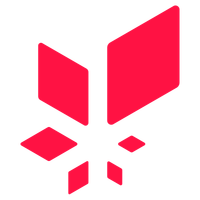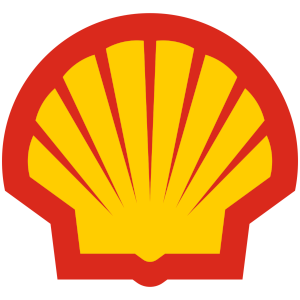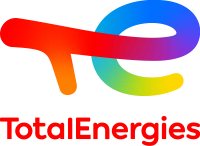
Equinor ASA
OSE:EQNR

Gross Margin
Equinor ASA
Gross Margin is the amount of money a company retains after incurring the direct costs associated with producing the goods it sells and the services it provides. The higher the gross margin, the more capital a company retains, which it can then use to pay other costs or satisfy debt obligations.
Gross Margin Across Competitors
| Country | Company | Market Cap |
Gross Margin |
||
|---|---|---|---|---|---|
| NO |

|
Equinor ASA
OSE:EQNR
|
803B NOK |
51%
|
|
| SA |

|
Saudi Arabian Oil Co
SAU:2222
|
6.7T SAR |
54%
|
|
| US |

|
Exxon Mobil Corp
NYSE:XOM
|
514.8B USD |
30%
|
|
| US |

|
Chevron Corp
NYSE:CVX
|
297.1B USD |
38%
|
|
| UK |

|
Shell PLC
LSE:SHEL
|
177.4B GBP |
26%
|
|
| NL |
R
|
Royal Dutch Shell PLC
OTC:RYDAF
|
230.1B USD |
26%
|
|
| CN |

|
PetroChina Co Ltd
SSE:601857
|
1.5T CNY |
14%
|
|
| FR |

|
TotalEnergies SE
PAR:TTE
|
136B EUR |
35%
|
|
| CN |

|
China Petroleum & Chemical Corp
SSE:600028
|
709.5B CNY |
7%
|
|
| UK |

|
BP PLC
LSE:BP
|
69.2B GBP |
25%
|
|
| BR |

|
Petroleo Brasileiro SA Petrobras
BOVESPA:PETR4
|
481.9B BRL |
47%
|
Equinor ASA
Glance View
Equinor ASA, originally known as Statoil, is a global energy company rooted in Norway, with a legacy steeped in the exploration and production of oil and gas. Founded in 1972, Equinor has evolved significantly from its early days as a state-owned entity focused on tapping into the rich resources of the North Sea. Today, it stands as a publicly traded company that balances its core expertise in hydrocarbons with a growing emphasis on renewable energy sources. At the heart of Equinor’s operations is its ability to harness conventional and sophisticated technologies to efficiently extract and produce oil and natural gas, securing its status as a major player in the global energy market. Its strategic presence spans across 30 countries, ensuring a diversified portfolio that reduces reliance on any single market or resource. Modern Equinor is a testament to the energy sector’s transition towards sustainability while striving for profitability. The company is increasingly investing in renewable energy projects, such as offshore wind farms, positioning itself as a leader in the green transition. This duality in operations allows Equinor to tap into the oil revenue that still fuels much of the world’s energy needs while also preparing for an inevitable shift towards renewable resources. The blend of securing traditional energy assets with an eye on sustainable growth not only fortifies its revenue streams but also enhances its resilience against the volatility of oil prices. By capitalizing on its robust infrastructure and expertise, Equinor aims to sustain its core business model while actively contributing to a greener future, embodying a pragmatic approach to bridging energy past and future.

See Also
Gross Margin is the amount of money a company retains after incurring the direct costs associated with producing the goods it sells and the services it provides. The higher the gross margin, the more capital a company retains, which it can then use to pay other costs or satisfy debt obligations.
Based on Equinor ASA's most recent financial statements, the company has Gross Margin of 51.2%.
















































 You don't have any saved screeners yet
You don't have any saved screeners yet